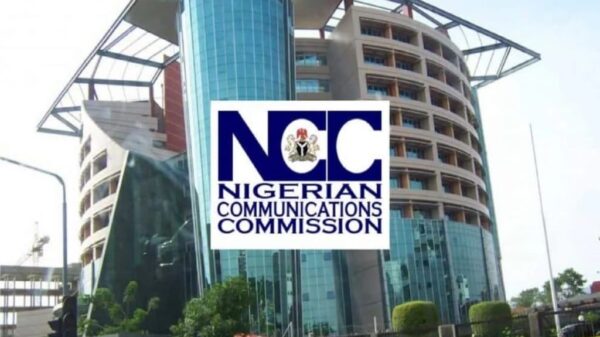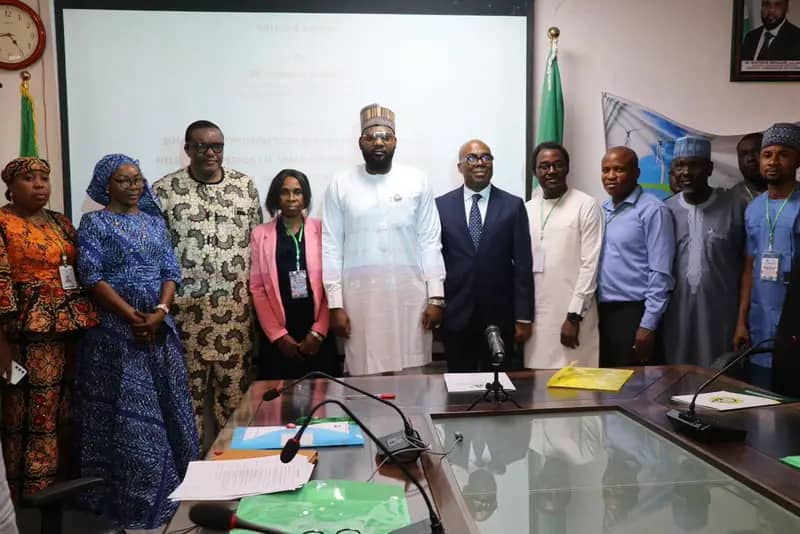Mr Joshua Yari, Component Lead, of NESP said in Abuja during the one-day Summit organised by Energy Commission of Nigeria (ECN) in collaboration with Abloom Trust Nigeria Ltd in Abuja.
The programme is tagged: “Prospects of Energy Transition Plan”.
According to Yari, the project is co-funded by the European Union of the German Federal Ministry for Economic, Corporation and Development.
He said that the Nigerian government would be investing about 19 million Euros in the third phase of the NESP.
“The World Bank with the Nigerian Electrification Programme is bringing in 750 million dollars to support the Nigerian government in terms of integration of renewable energy and energy efficiency, especially in the rural areas”, he said.
He said the energy transition plan had five focal areas and one of it was to create an enabling environment to support and foster investments within Nigeria.
“This means that one key aspect of improving investments is partnerships between governments, private sector and the international development community
“This administration has been clamouring for partnerships, especially the inclusion of the private sector in terms of investment.
“We hope to see the private sector come in to play a key role in implementing the focal areas of the Energy Transition Plan,” he said.
Meanwhile, Dr Mustapha Abdullahi, Director-General, ECN, in his opening remarks said collaborating with stakeholders was crucial to achieving goals of energy transition in Nigeria.
Abdullahi said collaboration would provide the avenue for robust discussions, knowledge sharing, and formulation of actionable policy recommendations to guide the country’s energy transition journey.
He, however, said in order to make headway, Nigeria must confront challenges such as investment barriers, grid integration issues, robust policy frameworks and some hurdles of energy transition goals.
He added that some of the solutions included innovative policy measures, regulatory reforms, and investments in grid modernisation to address the challenges and pave way for a sustainable energy transition.
“It is imperative that we come together to explore opportunities and address these challenges.
“Energy transition is not merely a buzzword. It is a fundamental shift in our approach to energy production and consumption.
“I am confident that your insights and contributions at this Summit will inspire us into exploring innovative solutions, sustainable, and resilient energy future for our nation, he said.
In his remarks, Ogbugo Ukoha, Executive-Director, Nigerian Mainstream and Downstream Petroleum Regulatory Authority (NMDPRA) said the impact of the environment was promising as Nigeria migrates from heavy consumption of PMS, and optimising gas utilisation in the country.
“We extend our collaboration and hands of fellowship and Look forward to paving a pathway to the development that we are all looking forward to”, he said.
























